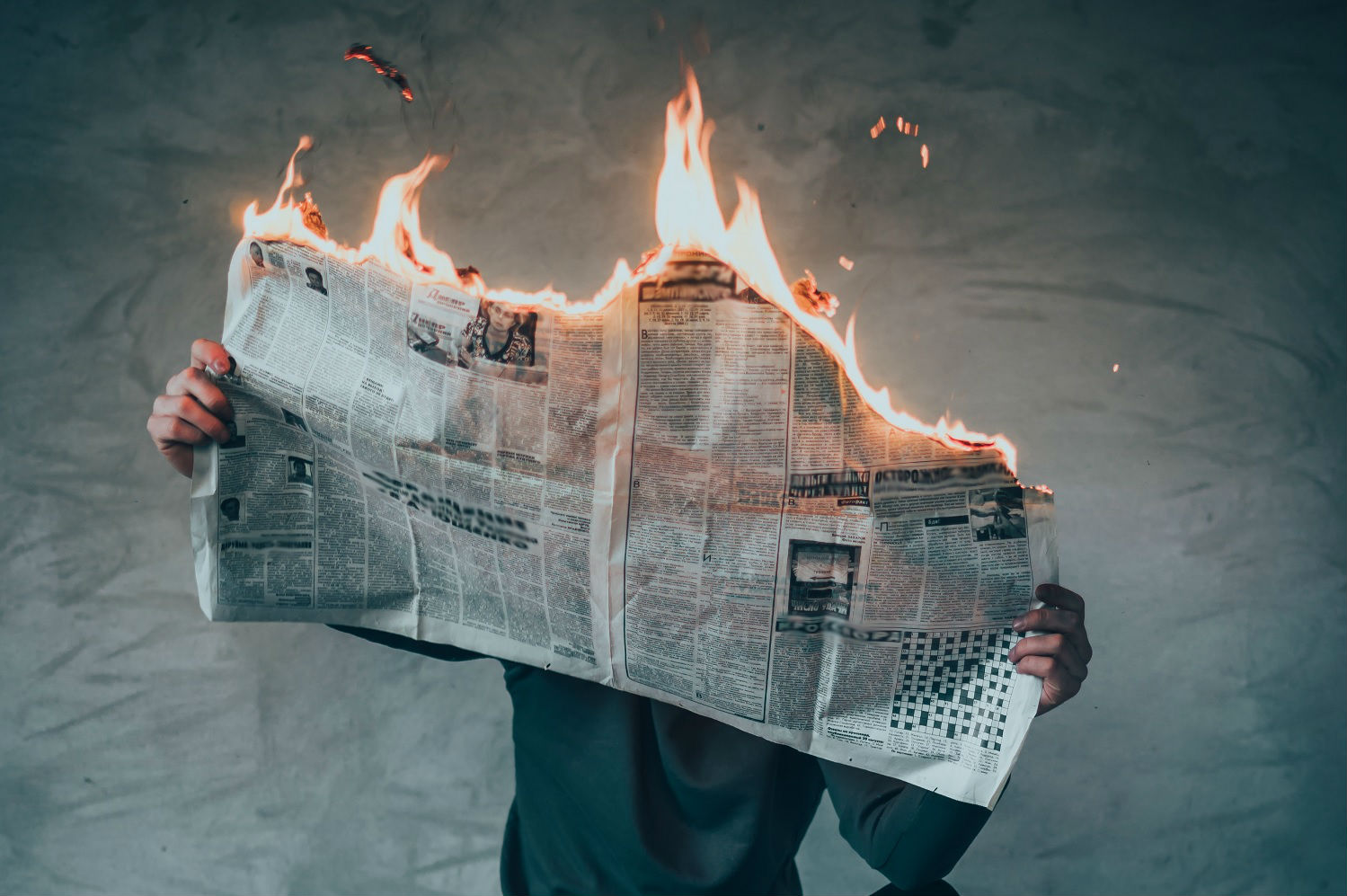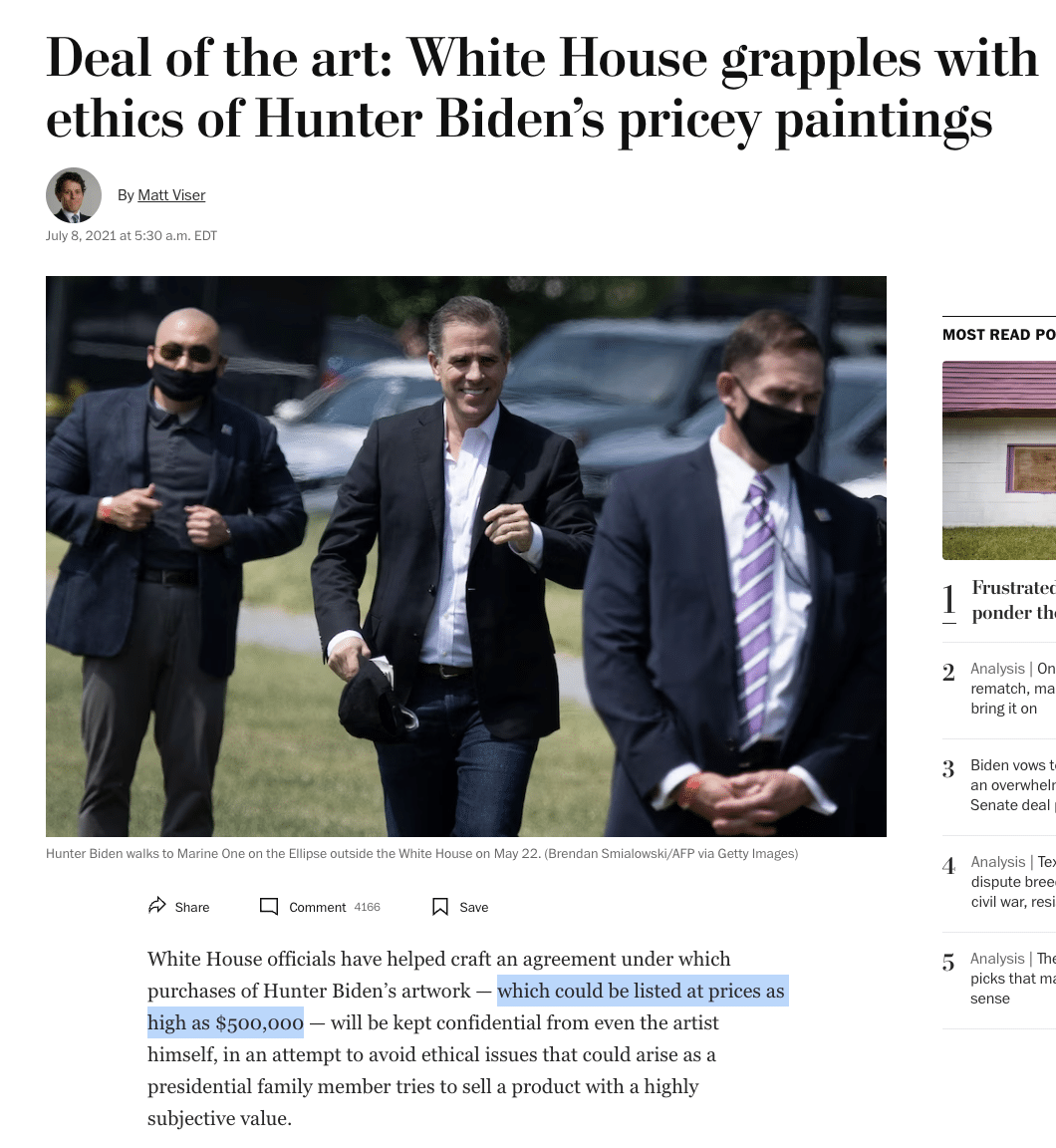Open Thread: Reading Is Fundamental As Is Journalism
[NB: check the byline, thanks. /~Rayne]
I want to kill a few birds with one post: publish an open thread, discuss a topic in which most of us have an interest, and address an essential issue critical to our survival over the next several years.
The topic is books — what have you been reading or about to read which is enlightening, edifying, and worth discussing with others? What book(s) do you believe others will find necessary as the SHTF?
The essential issue is journalism — apparently we need to burn it all down and start with the basics, by which I mean crack a book used as journalism curriculum in J-school.
The book I find essential was recommended by journalism instructors I once worked with. At less than 300 pages in paperback, it’s a straightforward and slim read: The Elements of Journalism: What Newspeople Should Know and the Public Should Expect, by Bill Kovach and Tom Rosenstiel. There have been four editions published to date, any of them are worth reading, and there are +100 copies available now through used book reseller Alibris so you don’t have to go to Bezos’ Amazon.
The frontispiece sets readers off in the right direction. It’s not artwork but text and it’s the outline of the rest of the text:
THE ELEMENTS OF JOURNALISM ARE:
• Journalism’s first obligation is to the truth.
• Its first loyalty is to citizens.
• Its essence is a discipline of verification.
• Its practitioners must maintain an independence from those they cover.
• It must serve as an independent monitor of power.
• It must provide a forum for public criticism and compromise.
• It must strive to make the significant interesting and relevant.
• It must keep the news comprehensive and in proportion.
• Its practitioners have an obligation to exercise their personal conscience.
• Citizens, too, have rights and responsibilities when it comes to the news.
Based on this manifesto, it’s difficult to say that the Washington Post is a legitimate journalistic venture. Long-time editorial cartoonist Ann Telnaes resigned this past week from WaPo. The spiking of her cartoon which criticized billionaire oligarchs and media businesses for sucking up to as-yet-uninaugurated Trump — including WaPo’s ultimate owner Jeff Bezos — demonstrated yet again WaPo’s inability to fulfill the necessary attributes of authentic journalism.
The public should be demanding the resignation of WaPo’s editor-in-chief, Will Lewis. They should have been doing so for months now, after a string of gross failures not the least of which is WaPo’s elevation of the fucked-up politicized prosecution of Hunter Biden, but the obvious preference for Trump in its coverage in spite of Trump’s manifest unsuitability for the White House.
WaPo’s management doesn’t even have the balls to come out and say it has a preferred ideology on which it frames its published work. Instead it hangs the burden on its staff.
You know damned well if it spiked Telnaes’ cartoon, it’s spiking other content, too, in ways which are much less obvious to the public.
The public bears considerable responsibility for this situation as well. It does not respond as it should to WaPo’s failures. It’s this lack of appropriate response which encouraged me to pick up The Elements of Journalism once again, because we need to get on the same page and have the same understanding about our relationship with the Fourth Estate.
The First Amendment reads:
Congress shall make no law respecting an establishment of religion, or prohibiting the free exercise thereof; or abridging the freedom of speech, or of the press; or the right of the people peaceably to assemble, and to petition the Government for a redress of grievances.
There’s no daylight between our freedom of speech and that of the press. We need to stop acting like the press is a wholly separate entity, because it doesn’t exist without us as readers. Only the business of the press is separate so long as our representatives don’t choose to regulate it otherwise. The right of the free press is our right as citizens in this democracy.
Elements explains to its readers:
What do we do as citizens if these rights are not met? What action, for instance, can and should we take if a newspaper reports on a case of business or political fraud but doesn’t follow up on the controversial issues it raises? First, of course, such contact works best if it comes constructively, as advice and information rather than condemnation. Second, if it is ignored it should be offered again, perhaps through more than one means. If, for example, an e-mail is not acknowledged, send it again, and then pick up the phone or write a letter, with a copy to the editor in chief. If you want to make other citizens aware of your complaint, keep a public record of your attempts to contact the organization and their reactions on a blog.
What can we do if as citizens we offer news organizations this feedback and our contributions, ideas, or criticisms are ignored? Rights mean something only if they are viewed as rights. At that point, withhold your business. Drop the subscription. Stop watching. Most important, write a clear explanation of why you have done so and send it to the editor or media critics, or post it on your own site. …
There’s a bit more reminding us that passivity is our failing. We get the media we fail to demand.
We need to learn how to demand better in a big fat hurry.


